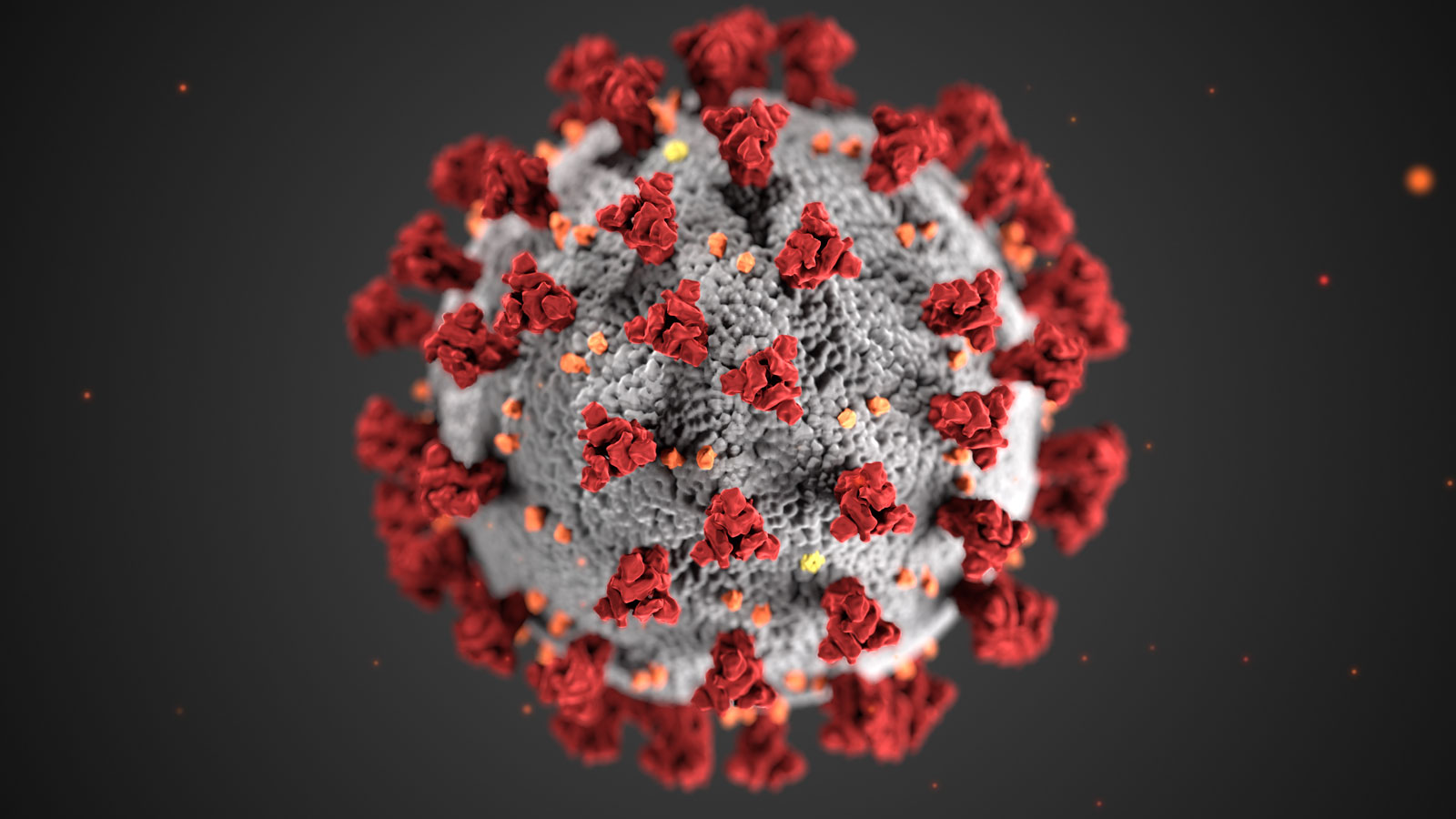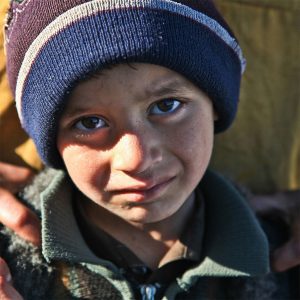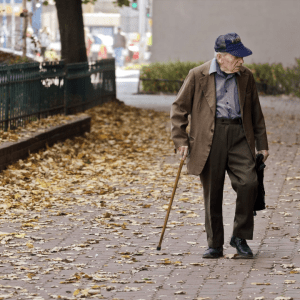How to Stay Healthy and Safe While Fasting During Ramadan:

How to Stay Healthy and Safe While Fasting During Ramadan:
Table of Contents
ToggleFasting during Ramadan can be a challenging experience, especially if you’re new to it.
While fasting is an important part of the holy month and brings numerous blessings, it also
has its risks. It’s important to stay healthy and safe while fasting as prolonged fasting can
result in dehydration, fatigue, and malnutrition.
Ramadan is the ninth month of the Islamic calendar, during which Muslims worldwide fast
from sunrise to sunset to remember Allah and practice self-discipline. It’s a time for spiritual
growth, reflection, and gratitude.
Staying healthy and safe during Ramadan is essential for maximizing the spiritual blessings
of the holy month. Prolonged fasting can tax the body, leading to dehydration, fatigue, and
malnutrition.
Taking proper precautions when fasting can ensure you get the most out of your experience
during Ramadan by avoiding health risks and keeping your energy levels up throughout the
day.
The important steps in keeping yourself healthy and safe while fasting during Ramadan are:
● eating a balanced diet.
● staying hydrated.
● getting plenty of rest.
Additionally, it is important to listen to your body and take breaks if necessary. Ensuring you
stay on top of your health will ensure that you can fully enjoy the spiritual benefits of fasting
during Ramadan.
How can intermittent fasting benefit seniors?
Intermittent fasting can be a great way for seniors to maintain a healthy lifestyle and enjoy
the benefits of fasting without having to go through prolonged periods of abstaining from
food. Intermittent fasting involves periods of eating during which you consume your daily
caloric intake, followed by periods of not-eating during which no calories are consumed. This
practice helps slow aging and boost the body’s natural defenses.
It also increases mental alertness and reduces blood glucose levels, helping seniors control
their diabetes. Additionally, intermittent fasting can help with weight loss and reduce
inflammation. Altogether, these benefits make intermittent fasting an excellent health
practice for seniors during Ramadan.
Tips for Staying Healthy During Ramadan:
Here are some tips on how to stay healthy and safe while fasting during Ramadan.
- Eating a balanced diet during Suhoor:
Eating a balanced diet during Suhoor (the pre-dawn meal) is important for staying healthy
and energized throughout the day. The goal of Suhoor should be to eat foods that provide
long-lasting energy such as whole grains, fruits, vegetables, and nuts. Additionally, eating
protein-rich foods like eggs and lean meats can help you to stay full and energized until the
next meal. It is important not to overeat, as overeating before fasting can cause
discomfort during the day. Eating a balanced diet during Suhoor will ensure you have
enough energy for prayers and other activities throughout the day.
2.Hydration tips during non-fasting hours:
Staying hydrated is essential for staying healthy and energized throughout the day. During
non-fasting hours, drinking plenty of water and other fluids such as juices or herbal teas is
important. Avoid consuming too many caffeinated drinks such as coffee and energy drinks
as caffeine can cause dehydration. Also, avoid sugary drinks like soda and opt for more
natural options. Drinking plenty of fluids during non-fasting hours will help to keep your
energy levels up throughout the day.
3. Importance of regular exercise:
Exercising regularly during Ramadan is important for maintaining physical and mental
health. Exercise can help to:
● reduce stress.
● improve energy levels.
● boost overall well-being.
Low-impact exercises such as yoga, walking, or swimming are ideal for Ramadan fasting as
they do not require too much exertion from the body. Additionally, it is important to take
breaks when needed and not push your body too hard. Regular exercise during Ramadan
can help keep your energy levels up and make it easier to complete the fasts each day.
Tips for Staying Safe During Ramadan:
Here are some tips on how to stay safe while fasting during Ramadan.
Traffic safety during late-night outings
It is important to practice safe driving habits when traveling during late-night outings.
● Make sure to drive slowly and obey all traffic laws, such as speed limits, stop signs,
and traffic lights.
● Additionally, ensure you are well rested before taking any long trips and try not to get
behind the wheel while sleep deprived.
● Finally, wearing a seatbelt and paying attention to your surroundings is important,
even if you are in familiar places.
Taking these precautions will help you reach your destination safely during Ramadan.
Safety tips for cooking and handling food:
Cooking and handling food safely is important during Ramadan.
● Make sure to clean all surfaces, utensils, and your hands before preparing food.
● Additionally, avoid eating raw or undercooked foods as this can increase the risk of
foodborne illnesses.
● Finally, storing food properly in airtight containers and refrigerating any leftovers as
soon as possible is important.
Following these guidelines will help to ensure that all food is handled and cooked safely
during Ramadan.
Importance of Consulting with a Doctor Before Fasting:
Those with medical conditions need to consult their doctor before fasting during Ramadan.
Certain health conditions such as diabetes, heart disease, and kidney disease can affect the
ability to fast safely. Additionally, pregnant or breastfeeding women, young children, and
elderly people may need additional guidance from a doctor before beginning a fast.
Consulting with a doctor is important to ensure that fasting is done safely and your health is
not compromised.
Fasting during Ramadan can be a rewarding experience when done safely and with the
guidance of a doctor. Eating a healthy diet, staying hydrated, exercising regularly, practicing
safe driving habits, cooking food safely, and consulting with a doctor are all essential for
having a safe and productive Ramadan.
Importance of discussing medication schedules with a doctor:
It is important to discuss your medication schedule with a doctor before fasting. Some
medications may need to be taken at specific times throughout the day and can affect the
ability to fast safely. Additionally, some medications may need to be taken on an empty
stomach or with food, which must also be considered when fasting.
Consulting with a doctor about your medication schedule can help ensure that fasting is
done safely and any necessary medication adjustments can be made. Fasting during
Ramadan can be a rewarding experience when done safely and with the guidance of a
doctor. It is important to discuss any health concerns or medications with a doctor before
beginning a fast. Taking these precautions will help ensure that you are fasting safely and
reaping all the benefits of Ramadan.
Conclusion:
Fasting during Ramadan is a rewarding experience that can be done safely and with the
guidance of a doctor. Eating a healthy diet, staying hydrated, exercising regularly, practicing
safe driving habits, cooking food safely, and discussing medication schedules and health
concerns with a doctor are all essential for having an enjoyable Ramadan. Staying mindful of
these tips will help ensure that Ramadan is an enjoyable and safe experience.
Ramadan is more than just a physical fasting experience. It is also a spiritual journey of self-
reflection and mindfulness. During Ramadan, one should reconnect with their faith, practice
gratitude, and focus on being kind and generous to others. Ramadan brings the opportunity
to be mindful of our inner voice and make meaningful connections with the divine. The
spiritual significance of Ramadan is an important reminder to connect with our higher power
and practice self-love, compassion, and growth.
Fasting during Ramadan is a rewarding experience that can bring spiritual growth, self-
reflection, and mindfulness. the proper guidance and precautions, it can be enjoyed safely
while reaping its many benefits.
Ramadan is an important time of year for those who observe it, as it brings an opportunity for
spiritual growth and reflection. By following the proper guidelines and consulting with a
doctor, Ramadan can be safely enjoyed and its many benefits reaped.








